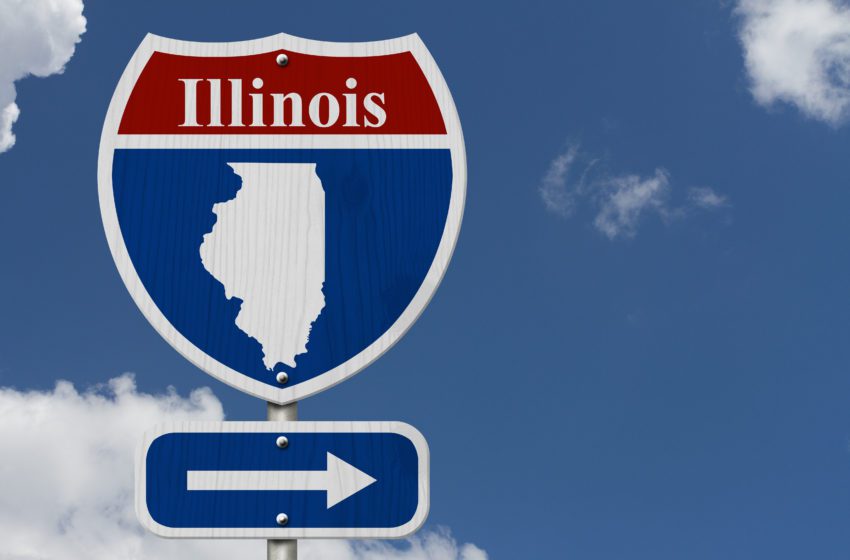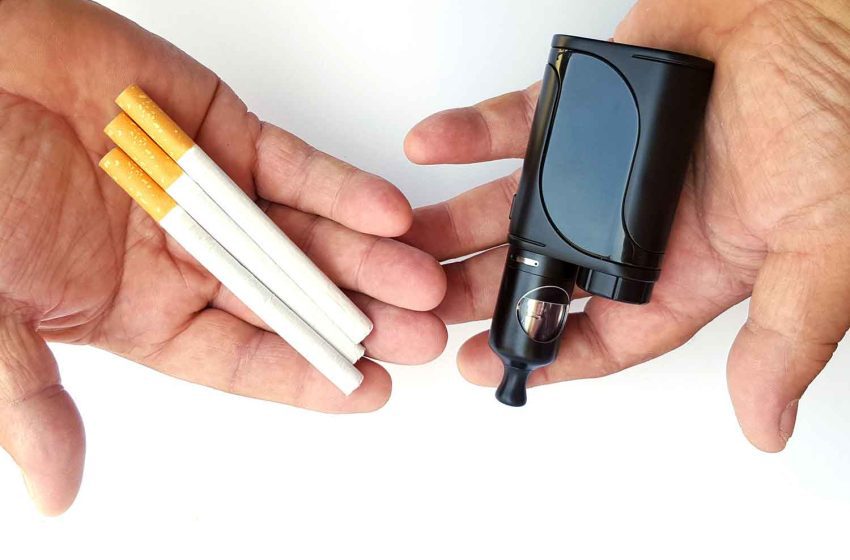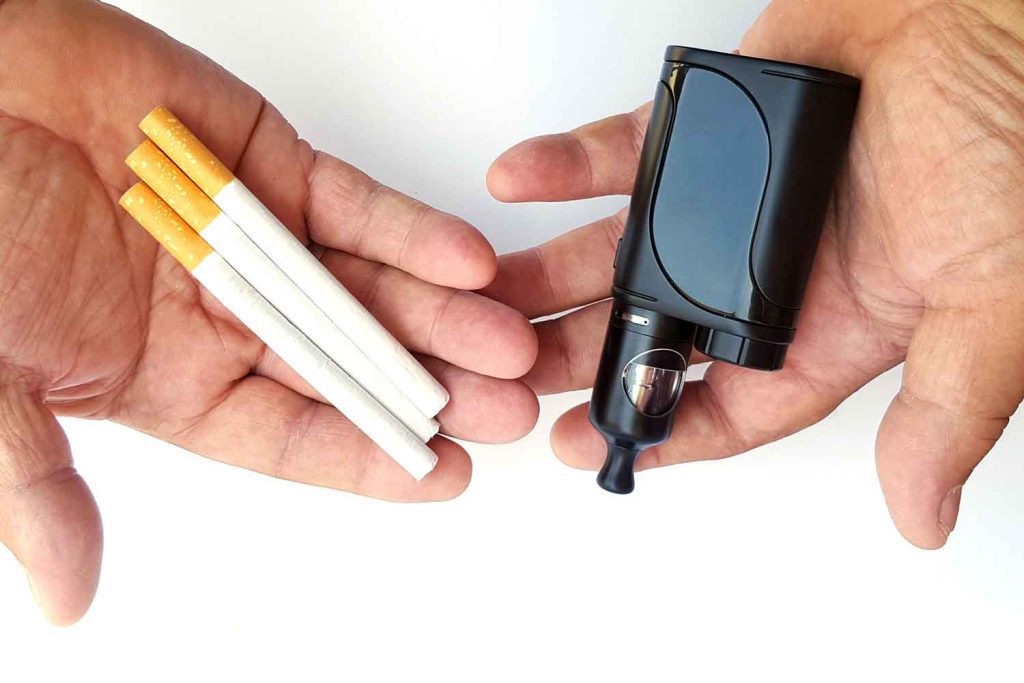
On April 5th, Kentucky Governor Andy Beshear signed House Bill 11 into law. This makes Kentucky the sixth state in the US with a registry law. The bill was passed quickly in both houses of the Kentucky General Assembly on March 28. The new law will go into effect on January 1st, 2025.
Under the new Kentucky law, it will be illegal to sell vaping products that do not have marketing authorization from the U.S. Food and Drug Administration or are still under review by the agency. This law also applies to products that have received a marketing denial order (MDO), unless the MDO has been stayed or reversed by the FDA or a court. Manufacturers are required to certify that each product complies with state requirements before allowing its sale in Kentucky.
Among other things, the bill also:
- Require the Secretary of State to create and publish a list of certain tobacco product retailers;
- Require the Department of Alcoholic Beverage Control to create and maintain a tobacco noncompliance database and reporting system;
- Require wholesalers to verify a retailer’s presence in the database prior to transactions;
- Establish and impose fines for wholesalers that unlawfully sell to a retailer that is in the noncompliance database;
- Make ineligible any retailer with unpaid fines that are more than 60 days overdue from selling Tobacco Control Act-covered products until the fines are paid;
- Direct manufacturers of Tobacco Control Act-covered products to provide safe harbor certification to wholesalers and retailers of their products;
- Prohibit a retailer from selling Tobacco Control Act products to persons under 21 years of age.
PMTA registry laws are already being enforced in Alabama, Louisiana and Oklahoma. Wisconsin passed a registry law in December and will become effective July 1, 2025. Utah also passed a registry bill that included a flavor ban that will become active on Jan. 1, 2025.


















